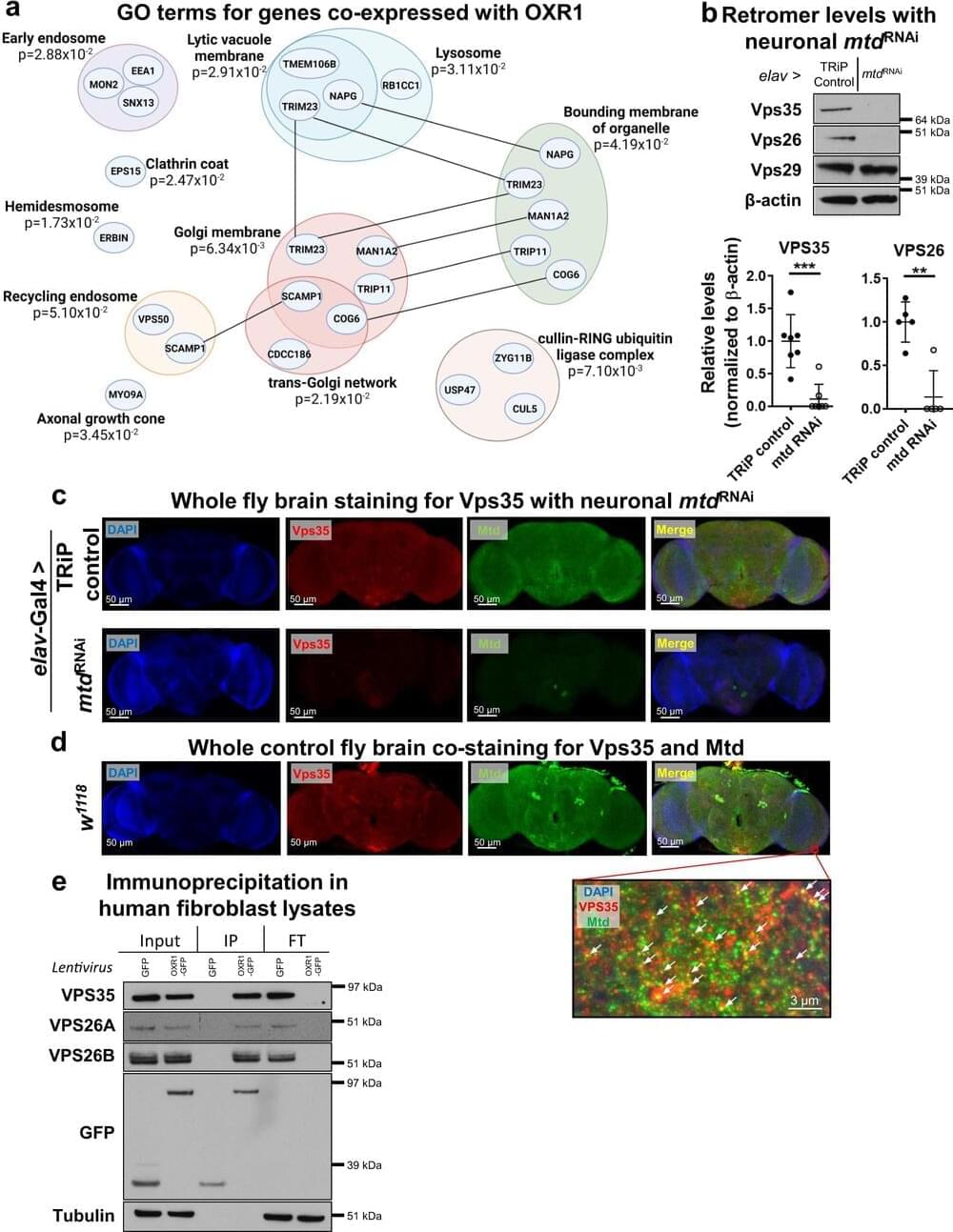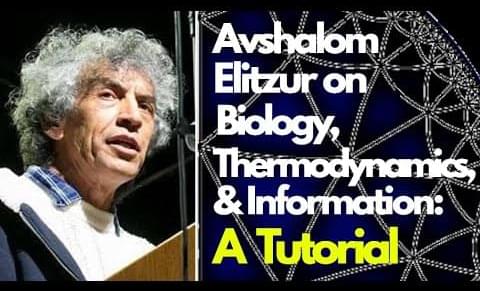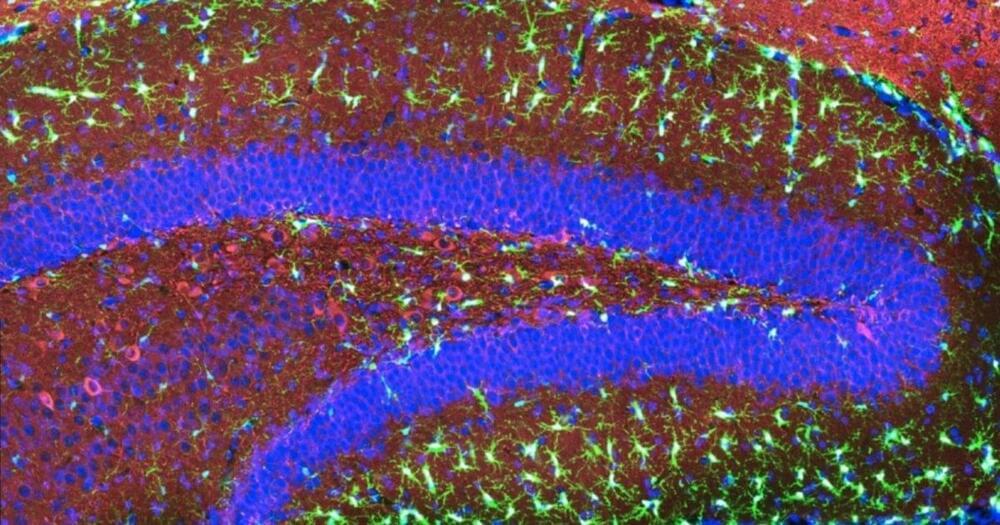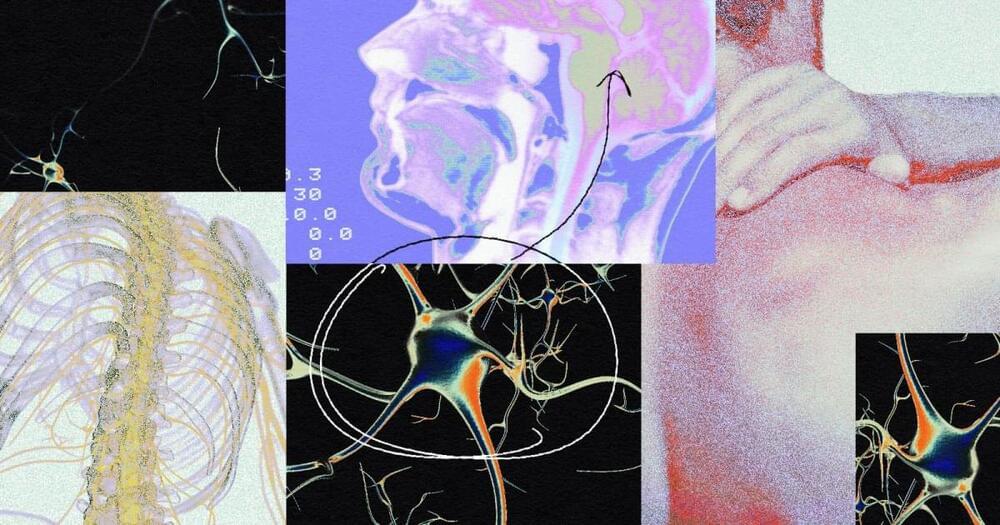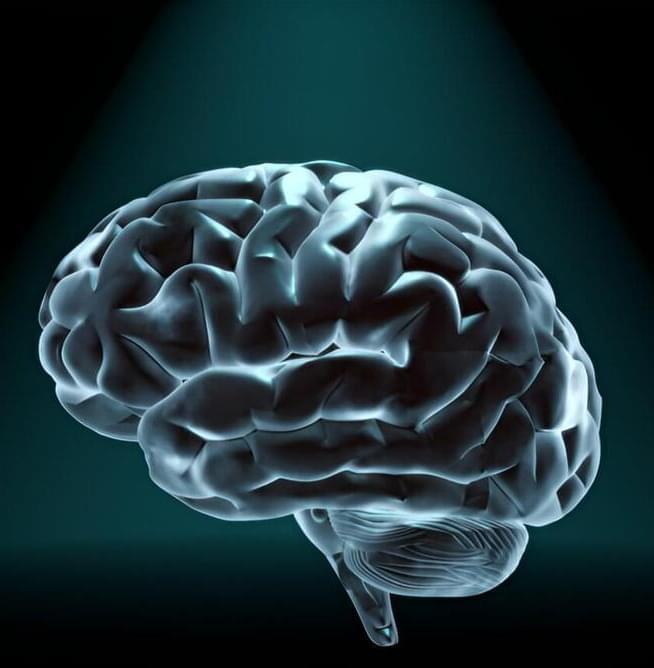Jan 11, 2024
Scientists identify how dietary restriction slows brain aging and increases lifespan
Posted by Shubham Ghosh Roy in categories: biotech/medical, life extension, neuroscience
Restricting calories is known to improve health and increase lifespan, but much of how it does so remains a mystery, especially in regard to how it protects the brain. Buck Institute for Research on Aging scientists have uncovered a role for a gene called OXR1 that is necessary for the lifespan extension seen with dietary restriction and is essential for healthy brain aging.
“When people restrict the amount of food that they eat, they typically think it might affect their digestive tract or fat buildup, but not necessarily about how it affects the brain,” said Kenneth Wilson, Ph.D., Buck postdoc and first author of the study, published in Nature Communications. “As it turns out, this is a gene that is important in the brain.”
The team additionally demonstrated a detailed cellular mechanism of how dietary restriction can delay aging and slow the progression of neurodegenerative diseases. The work, done in fruit flies and human cells, also identifies potential therapeutic targets to slow aging and age-related neurodegenerative diseases.
